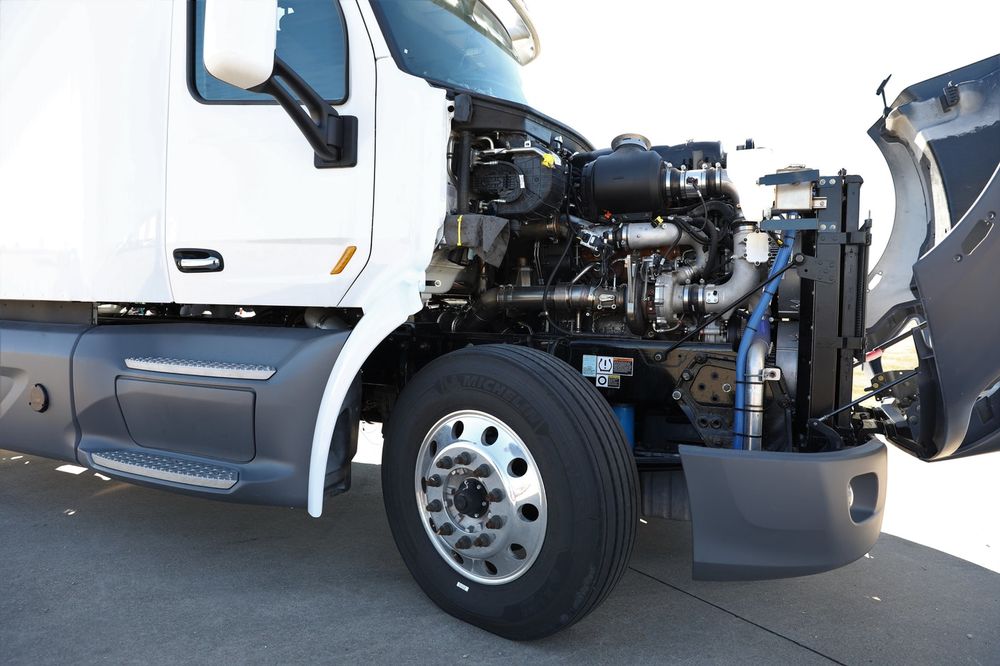
The Industrial Revolution was a significant period in human history, characterized by rapid advancements in technology and industry. One of the most influential inventions of this era was the diesel engine. This powerful and efficient machine has been a vital component of progress, shaping our world in ways we often take for granted. This article will delve into the intricacies of diesel engines, the role they’ve played in human progress, and the possibilities they open up for our future.
Diesel engines have played a pivotal role in shaping progress and unlocking a multitude of possibilities across various industries and sectors. These powerful machines, known for their efficiency and durability, have left an indelible mark on the world since their inception in the late 19th century. In this discussion, we will explore how diesel engines have influenced and continue to impact progress and possibilities in a myriad of ways, from revolutionizing transportation to driving innovation in industrial processes and energy production.
The Mechanics of Diesel Engines
Understanding the mechanics of diesel engines is crucial to appreciate their impact. Unlike petrol engines, diesel engines use compression to ignite the fuel, resulting in greater efficiency and power. This unique design makes them ideal for heavy-duty applications, such as trucks, ships, and trains.
The Role of Diesel Engines in Progress
Diesel engines have been instrumental in fostering progress. They power the trucks that deliver goods across continents, the trains that connect cities, and the ships that traverse the globe. The reliability and power of diesel engines have made them a cornerstone of modern logistics and transportation, driving the global economy, and facilitating international trade.
The Environmental Impact of Diesel Engines
Despite their efficiency, diesel engines have been criticized for their environmental impact. They emit nitrogen oxides and particulate matter, which contribute to air pollution and climate change. However, advancements in diesel technology have led to cleaner and more environmentally friendly engines. The introduction of diesel particulate filters and selective catalytic reduction systems have significantly reduced emissions, demonstrating the potential for diesel engines to evolve in response to environmental challenges.
The Future of Diesel Engines
The future of diesel engines is promising, despite the growing popularity of electric vehicles. Innovations in diesel technology, like biodiesel and synthetic fuels, are reducing the carbon footprint of diesel engines. Moreover, the inherent power and efficiency of diesel engines make them indispensable for heavy-duty applications, ensuring their relevance in the foreseeable future.
Conclusion
In conclusion, diesel engines have played a pivotal role in shaping progress, powering our industries, and facilitating global trade. Despite their environmental challenges, ongoing innovations are making diesel engines cleaner and more sustainable. As we look to the future, it’s clear that diesel engines will continue to drive progress and possibilities, proving their enduring importance in our world.
Beyond their role in industry and transportation, diesel engines have also addressed energy challenges by generating electricity and providing flexibility in utilizing various fuels. This adaptability has led to sustainable solutions and reduced environmental impacts.
As we look to the future, diesel engines are poised to continue shaping progress and possibilities. Advancements in emissions control technologies and the exploration of cleaner-burning fuels underscore the industry’s commitment to sustainability. Diesel engines will play a crucial role in the transition to more environmentally friendly transportation and energy systems.